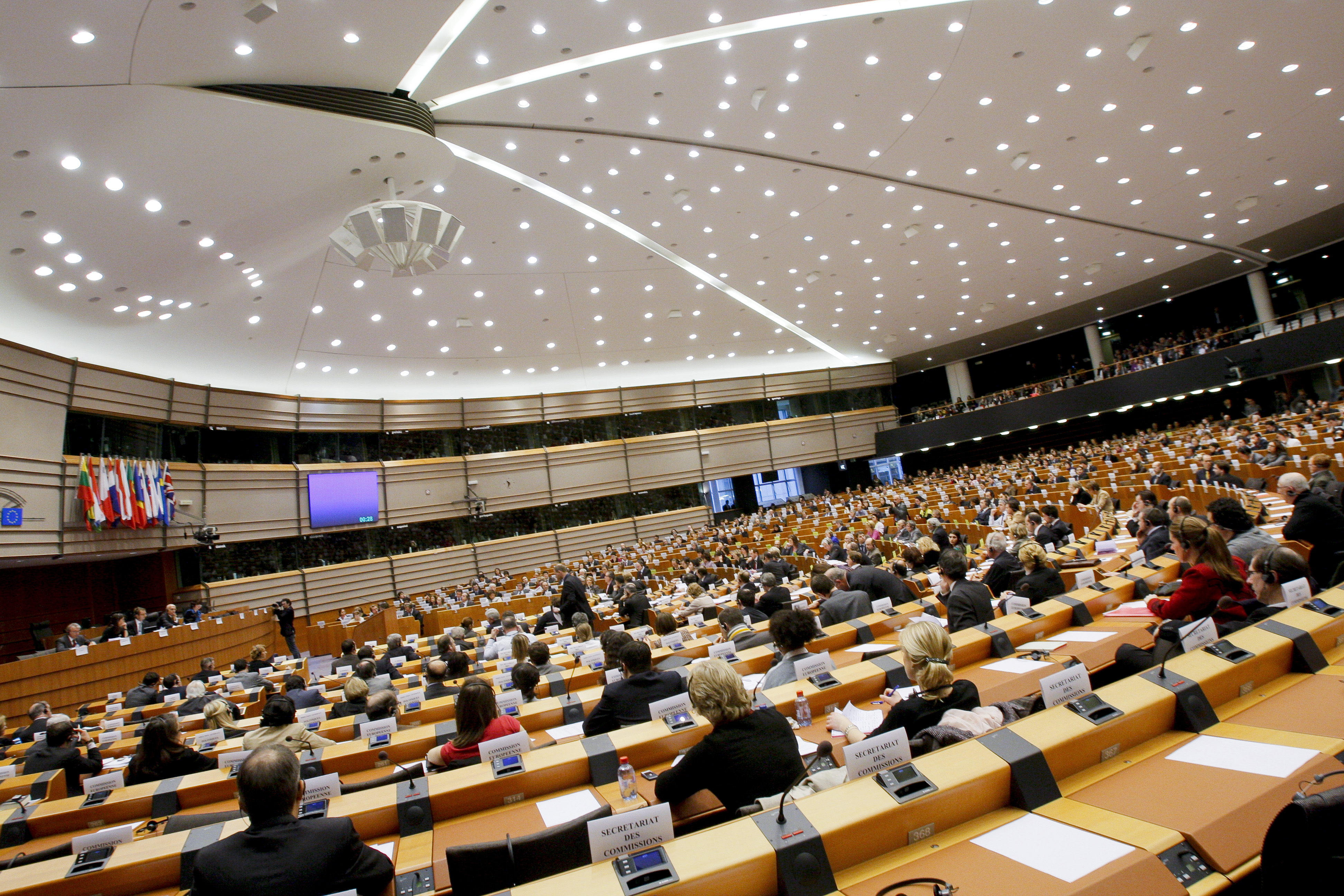MEPs from the Greens, Liberals, Europe of Freedom and Democracy group and Socialist and Democrats failed to get changes to the committee’s report on Energy Union.
The amendment – defeated by a single vote, according to Green MEP Claude Turmes – aimed to strengthen commitments made by EU leaders last October.
Leaders agreed to cut greenhouse gas emissions by at least 40% compared to 1990 levels by 2030. That is a binding target. But heads of state and government watered down the 2030 targets for renewables and for energy efficiency, which are not binding at national level.
They lowered a Commission-proposed 30% increase to at least 27%. That was seen as a backwards step after the binding 20% 2020 targets for efficiency and renewables agreed in the past.
MEPs today called for three binding 2030 targets of at least 40% greenhouse gas emissions, at least 30% for renewables, and at least 40% for energy efficiency.
The amendment was rejected 31 votes to 30, after opposition from the majority European People’s Party and the European Conservatives and Reformists Group.
Turmes blamed the Socialists for the defeat. Some had voted against the amendment, while others had not turned up to the committee meeting at all, he told EurActiv.
But the Luxembourgish MEP was bullish that the amendment would be passed in a plenary vote of the Parliament in December.
Turmes said that energy efficiency, particularly through building renovation, was the best way to fight climate change.
“If you don’t want to be ambitious about energy efficiency, what is the answer to getting climate change at the lowest cost, while promoting productivity?,” he asked.
Later this month, world leaders will meet in Paris for the UN Climate Change Conference (COP21) in Paris to try and agree an international deal to cap global warming. Depending on the results of the COP21, the European Commission and Council could revise the 2030 targets.
Today’s ITRE vote clashes with a Europe Parliament resolution, recently backed by MEPs, with COP21 in mind. It reiterated support for an earlier February 2014 Parliament resolution that backed stronger 2030 targets.
Monica Frassoni, the president of the European Alliance to Save Energy said, “How can the European Parliament be serious on the energy transition with such a scenario few days before COP21? The progressive business community calls for MEPs to reconfirm their ambitious position to guarantee investments in Europe and create local jobs.”
Lack of targets
The lack of binding renewables and efficiency targets at national level means that the Energy Union will need a governance framework to ensure the goals are met at EU level.
MEPs across the political groups supported the report’s call for the new governance framework to be “fully inclusive of the European Parliament.”
Turmes said the vote sent a message to the Commission’s Energy Union supremo Maroš Šefčovič before his expected announcement of the State of the Energy Union report next week. The report will sketch out the next step towards implementing the flagship strategy.
“This is very strong wording,” said Turmes, “It’s a message to Šefčovič – don’t dare next week to try and side-line the Parliament.”
James Crisp
This article first appeared on Euractiv
Euractiv is an edie content partner



